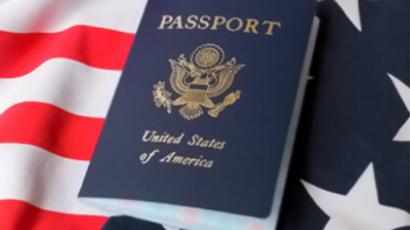Inquiry into torture of terror suspects looms over UK
A group of British MPs are calling for an independent inquiry into the torture of suspected terrorists. The British government has repeatedly insisted that it is not complicit in torture.
Extreme times call for extreme measures, or so argue the architects behind the war on terror. But it's just how far the British government was allegedly prepared to go which has been the focus of investigation.
“It was quite important that we asked the government to respond to these allegations," said MP Andrew Dismore, chairman of the parliamentary joint select committee on human rights. "Unfortunately, the government have said – well we don’t do torture – and haven’t given a detailed response which in our view doesn’t fit the bill. We’ve got a lot of smoke now with these allegations, and what we have to find out is if there’s any fire underneath it.”
The British Parliament did recently issue a highly critical report on the issue, but stopped short of accusing security and intelligence agencies of complicity in torture.
That's not good enough, according to Moazzam Begg, who was held in Guantanamo Bay for three years without knowing why he was there, and then released without any charges filed.
“Before I was sent to Guantanamo, I was held in the Bagram detention facility, and there is definitely torture there – I witnessed two people being beaten to death," said Begg. "And strappado was done in two manners in Bagram, one with the hands tied above the head to the top of the ceiling or door, with chains and a hood over the head, and the other is with your hands over the back and then lifted up normally by soldiers.”
Begg is currently pursuing legal action against the British intelligence services, so he declined to talk specifically about how he knows the UK government colluded in his torture.
He says an admission by the authorities would help give him closure.
“I think an acknowledgement that UK intelligence services were complicit and colluded in the false imprisonment and ultimate torture of British citizens is in order," said Begg. "I’m not accusing the British establishment or security agencies of physically carrying out the torture, but I am saying that they were complicit and colluded and they knew what was taking place."
The government has already stipulated that it will eventually make public the guidelines given to the security services on interrogation and detention.
But human rights lawyers say that still won't put the past to rest.
“I think there needs to be accountability not just for the US administration, but for other countries like the UK who have played a role in what’s happened to many individuals around the world,” said Chris Chang, a Guantanamo investigator from Reprieve.
A government spokesman has rejected the call for an inquiry, saying there’s already sufficient oversight. But opposition Conservatives have said it's something they’d consider if they were elected into power.
The parliamentary report doesn’t oblige the government to launch an inquiry into complicity in torture, but it certainly adds extra pressure. And its authors say an independent investigation would be an important step toward regaining the moral high ground Britain so desperately needs in order to wage an effective war against terrorism.













